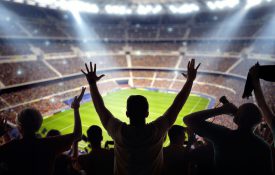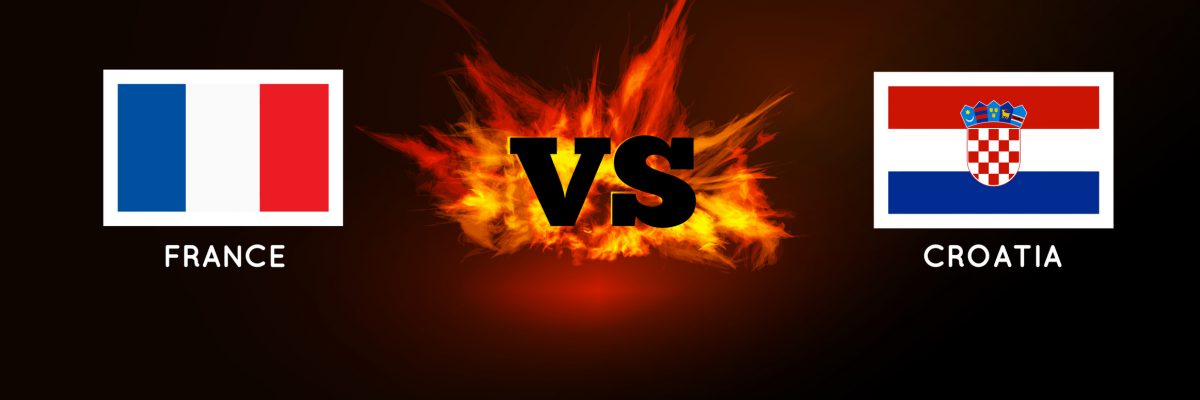
Motivating Messages Differ for Underdogs and Favorites
To craft motivating messages, you need to know which side your target audience is on: the favorite or the underdog. Visit Page
Research done in Psychological Science provides support for something sports fans have long suspected: When athletes feel the pressure, their performance suffers. Visit Page
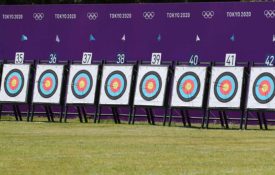
Mariana Furtado explores how unhealthy competition among students can shape their graduate-school experience and affect their mental health. Visit Page
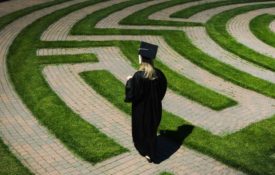
An organizational emphasis on intellectual superiority can contribute to a “masculinity-contest culture” that may discourage women from jumping in. Visit Page
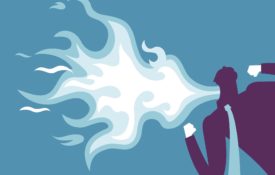
How do great rivalries in sports and business drive the performance of the competitors? A recent study provides some answers. Visit Page
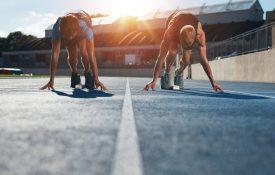
Automation may be associated with anti-immigrant sentiment by increasing perceptions of both realistic threat arising from competition for economic resources and symbolic threat "arising from changes to group values, identity, and status.” Visit Page

Athletes know they should just do their thing on the 18th hole, or during the penalty shootout, or when they’re taking a 3-point shot in the last moments of the game. But when that shot Visit Page
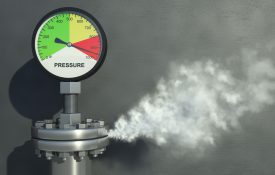
Three Minutes to Sell Your Research Proposal Great ideas are just ideas unless they are sold! Put your research up for auction in the APSSC Pitch Perfect Competition during the2022 APS Annual Convention. Your challenge is to present a Visit Page
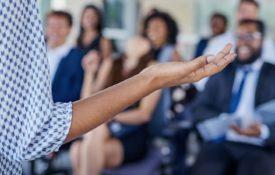
An experiment involving fans of Major League Baseball's most intense rivals unearths a particularly troubling aspect of finding pleasure in others' pain. Visit Page
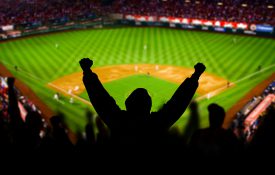
If the NFL team you hate the most is in the Super Bowl, take heart. Psychological science suggests that a rival team’s win may improve your team’s motivation and performance next season. Visit Page
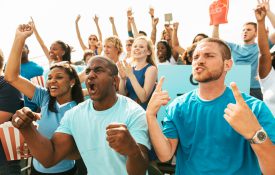
Players' superstitious rituals may seem silly but research shows that having some kind of lucky token can actually improve performance – by increasing self-confidence. Visit Page

Using self-talk -- repeating specific words or small phrases -- can focus players' attention and improve their performance. Visit Page
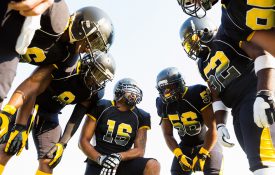
The National Science Foundation has announced the NSF 2026 Idea Machine, a competition dedicated to investing in the cutting-edge scientific questions of the next decade. It is open to everyone and will identify the NSF’s next 10 Big Ideas for future funding. Visit Page
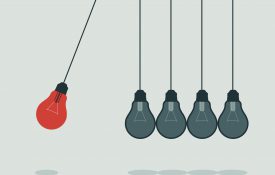
Some of the most popular video games feature violence of some kind -- psychological scientists are investigating whether violent in-game behavior actually impacts real-world behavior. Visit Page
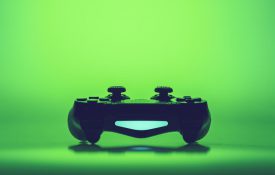
The results of this experiment suggest that competitive environments could curtail selflessness or generosity Visit Page
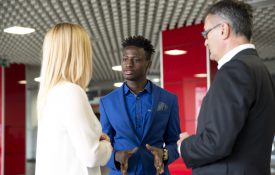
Psychological scientists have identified what distinguishes the athletes that made it to Winter Olympics, and what predicts their chances of standing on the medal podium. Visit Page
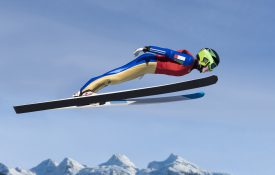
New research suggests that we’re much better at knowing who likes us than who is competing against us at work. Visit Page
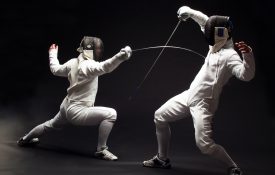
Recruiting high-level talent may seem like a sure way to win, but bringing together the most talented individuals doesn't seem to guarantee the best possible team performance. Visit Page

New research finds that just the sense that we’re working together with others can dramatically increase our motivation to complete difficult tasks—even when we’re actually working alone. Across five experiments Stanford psychological scientists Priyanka B. Visit Page

Research on sports and athletic competition suggests that there is scientific support for the idea of a “home field advantage.” Visit Page
